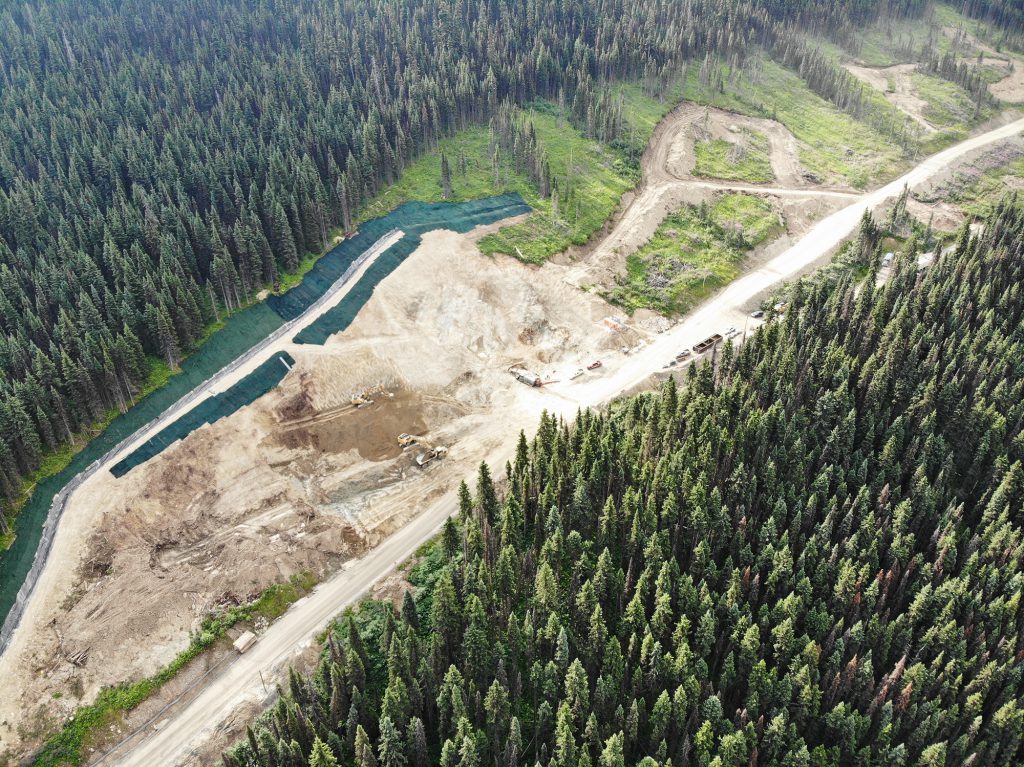Osisko granted Cariboo EA certificate by B.C. government

Osisko Development Corp. [ODV-TSXV] has received an Environmental Assessment Certificate for the company’s 100%-owned Cariboo Gold project in central British Columbia.
The EA Certificate was granted by the Environmental Assessment Office of the Province of B.C. and is supported by an approval decision from B.C. Minister of Environment and Climate Change Strategy George Heyman as well as Josie Osbourne, B.C.’s Minister of Energy, Mines and Low Carbon Innovation.
The company said receipt of the EA Certificate concludes the EA process for the project, which was launched in October 2019. “Receipt of the EA certificate marks a major, positive milestone for the Cariboo Gold project,’’ said Osisko Development Chairman and CEO Sean Roosen. “We continue to be encouraged by the steady progress made to de-risk the project, brining it close to shovel ready status.’’
The Cariboo project is located in the historic Wells-Barkerville mining camp and consists of three different sites, including the Mine Site Complex near the District of Wells, the Bonanza Ledge site and the QR Mill.
Osisko Development shares advanced on the news, rising 2.37% or 11 cents to $4.74. The shares are currently trading in a 52-week range of $8.33 and $3.29.
Back in January, 2023, Osisko released the results of a feasibility study for the Cariboo gold project where an initial gold pour was previously targeted for the first quarter of 2024.
The company said the study outlines a robust and scalable phased development base case with low initial capital intensity of $137.3 million and attractive operating costs for underground development, producing 1.87 million ounces of gold over a 12-year mine life.
Initial production (Phase 1) in the first three years contemplates a 1,500 tonne per day operation from the Lowhee, Shaft and Mosquito deposits, yielding average annual production of 72,501 ounces. Concurrently, underground development will advance to ramp up to 4,000 tonnes-per-day in year four, increasing average annual production to 193,798 ounces in Phase 2, with potential to scale production further in the future.
The Phase 2 expansion is expected to require $451.1 million in capital expenditures, including $36.7 million in contingency costs.
The feasibility study is based on probable mineral reserves of 16.7 million tonnes at an average grade of 3.78 g/t for a total of 2.03 million ounces of gold.
The EA Certificate is the first step in the permitting process. In May, 2023, the company announced the signing of two landmark permitting agreements – the Process Charter and Joint Information Requirements Table – which establish a defined regulatory process timeline and outline all agreed upon information requirements to support a robust permit application for submission.
A Joint Permit Application for the BC Mines Act / Environmental Management Act is in process. The company anticipates receiving the permits in the first quarter of 2024.
